Opening a new business in the Philippines involves several crucial steps, one of the most important being the application for a business permit. To obtain a business permit, you’ll first need to determine your business structure—such as sole proprietorship, partnership, or corporation—and register your business name with the appropriate authorities like the Department of Trade and Industry (DTI) or the Securities and Exchange Commission (SEC).
After securing a Barangay Clearance from the local barangay, you will gather necessary documents, including your business registration certificate, tax identification number, and lease contract. The next step is to apply at your local city or municipal hall, submitting your documents and paying any required fees. In this article Business Permit in the Philippines: Requirements, Fees, and More, an inspection may be necessary to ensure compliance with local regulations.
What is a Business Permit?
In the Philippines, a business permit is an essential certification that validates your business’s legitimacy and authorizes it to operate within a specific city or municipality. Often referred to as the mayor’s permit, this document is issued by the local government unit (LGU) responsible for the area where your business is located. The business permit is a vital component in the framework of local governance, designed to ensure that all businesses adhere to municipal regulations and pay the requisite taxes.
This official document plays several crucial roles in business operations. Primarily, it serves as a verification of compliance with local laws regarding safety, security, health, and sanitation. Additionally, having a business permit entitles business owners to access support and resources provided by local government units, facilitating smoother operations and community engagement.
Why Should You Apply for a Business Permit in the Philippines?
-Oct-13-2023-08-27-14-4948-AM.png?width=674&height=449&name=Pics%20for%20blog%20-%20600x400%20(21)-Oct-13-2023-08-27-14-4948-AM.png)
As a new entrepreneur, managing multiple tasks in preparation for your business launch can be overwhelming. However, prioritizing your business permit application is critical for several reasons:
1. Legal Requirement
First and foremost, obtaining a business permit is mandated by law. All types of business entities, including sole proprietorships, partnerships, corporations, cooperatives, foundations, and associations, must secure a business license from their respective LGUs before commencing operations. This legal requirement safeguards the interests of both the business and the community it serves.
2. Essential for Financial Transactions
A business permit is often a prerequisite for various financial activities. For instance, if you plan to apply for business loans, government financial assistance programs, or even register with the Bureau of Internal Revenue (BIR), having a valid business permit is essential. It may also be required if you intend to become an authorized reseller or distributor of specific brands, or if you wish to sell products on e-commerce platforms.
3. Establishing Credibility
A business permit enhances your credibility in the eyes of customers, suppliers, and potential investors. It demonstrates that you are operating a legitimate business that complies with local regulations. This can foster trust and improve customer relationships, ultimately contributing to your business’s long-term success.
4. Access to Local Government Support
Many LGUs offer various forms of support to businesses, such as grants, subsidies, and training programs. A valid business permit can provide access to these resources, enabling you to grow and improve your enterprise.
What Happens If You Don’t Secure a Business Permit?
Operating a business without a valid permit can lead to severe penalties, including fines and potential imprisonment. Local government units have the authority to shut down businesses that fail to comply with licensing requirements. This was highlighted in February 2023 when Smart Communications Inc. was temporarily closed by the Makati LGU for allegedly operating without a valid business permit, along with accusations of significant tax evasion.
Business Permit Requirements 2024:
Before you can apply for a business permit, you need to complete several preliminary steps, including registering your business with the appropriate government agencies and securing other clearances. This process requires time and careful planning.
1. Fire Safety Inspection Certificate
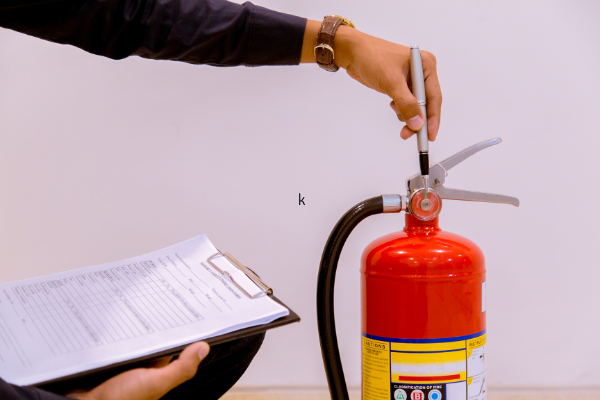
To obtain this certificate, you’ll typically need:
- A building permit and building plan.
- Barangay business clearance.
- Fire insurance coverage.
- Proof of compliance with fire safety regulations from inspectors.
2. Sanitary Permit
Requirements for a sanitary permit generally include:
- Recent chest x-ray results for the business owner.
- A 1×1 photo.
- An inspection certificate of the establishment.
- Receipt of paid sanitary permit fees and sanitation inspection fees.
- A medical certificate and health card issued by the City Health Officer.
3. Building Permit and Electrical Inspection Certificate
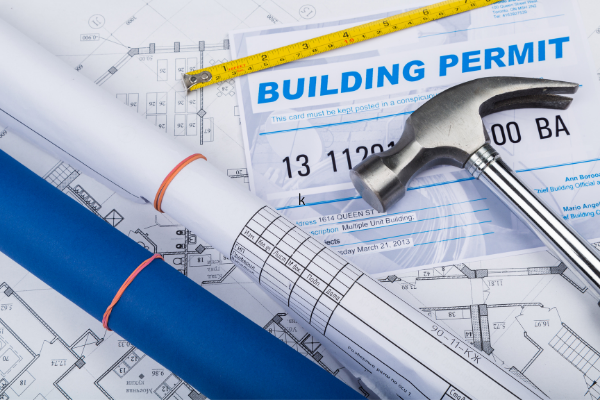
To secure a building permit and electrical inspection certificate, prepare the following:
- Building plans.
- Lot plan.
- Clearances from the homeowners association and barangay.
- Fire safety requirements documentation.
- Lease contract and authorization from the property owner (if renting).
- Title, tax declaration, and tax receipt (if owned).
- Contractor’s business permit.
- Sketch of the business location.
- Bill of materials and structural computations.
- Copy of the engineer’s license.
4. Certificate of Occupancy
To obtain a Certificate of Occupancy, you typically need to provide:
- Photos of the site.
- A fire inspection certificate.
5. Locational Clearance
For the locational clearance, submit:
- Photos of the site.
- A fire inspection certificate.
- A building permit.
- An authorization letter from the property owner (if rented).
- An electrical permit.
- A sanitary permit.
- Certification of Non-Improvement.
- PRC License or Professional Tax Certificate (PTC) of the engineer.
6. Electric Utility Connection
For the electric utility connection, you will need:
- A letter of request from the owner.
- An electrical plan.
- DTI registration or a copy of SEC registration with Articles of Incorporation.
- A copy of the lease contract, Transfer Certificate of Title (TCT), or Deed of Sale.
- Company SSS number or Tax Identification Number (if SEC/DTI registration is unavailable).
Where to Get Business Permit Requirements
The process of obtaining the necessary documents for your business permit varies based on the type of business you plan to operate. Here’s a brief overview of where to secure the required documents:
Department of Trade and Industry (DTI)
- Purpose: Business name registration.
- Who Needs It: All businesses, including sole proprietorships, partnerships, corporations, and cooperatives.
- Procedure: Register your business name with the DTI, after which you can proceed with your business permit application.
Securities and Exchange Commission (SEC)
- Purpose: SEC registration for partnerships and corporations.
- Who Needs It: Corporations and partnerships must register to be recognized as legal entities.
- Procedure: File for your business registration at the SEC head office or online through the eSPARC (Electronic Simplified Processing of Application for Registration of Company) facility.
Barangay Unit
- Purpose: Apply for Barangay Business Permit and Clearance.
- Who Needs It: First-time entrepreneurs.
- Procedure: Visit the Barangay Unit where your business is located to apply for a business permit and clearance.
City or Municipal Office (Business Permit and Licensing Office)
- Purpose: Obtain all requirements for a Business or Mayor’s Permit.
- Who Needs It: Businesses with physical stores or buildings. Mall-based businesses may not need this, as mall management usually handles permits.
In a Nutshell: Business Permit Requirements in the Philippines
To summarize, here’s a checklist of typical requirements for a business permit application:
| Business Permit Requirement |
Purpose |
Where to Get It |
| Business Name Registration |
Proof of business registration |
DTI for sole proprietorships; SEC for partnerships and corporations |
| Barangay Business Clearance |
Proof of business location |
Barangay hall with jurisdiction over the business location |
| Locational Clearance / Zoning Clearance |
Compliance with local zoning ordinances |
City Planning and Development Office |
| Occupancy Permit |
Confirmation that the business site meets health and safety standards |
City Engineering Office |
| Public Liability Insurance |
Protection against third-party claims related to business operations |
Any Insurance Commission-accredited insurance company |
| Authorization letter/Special Power of Attorney |
Validates representation by another person |
Business owner |
Note: Each LGU may have unique requirements, so it’s advisable to consult with your local government or check their official website for specifics.
How to Apply for a Business Permit in the Philippines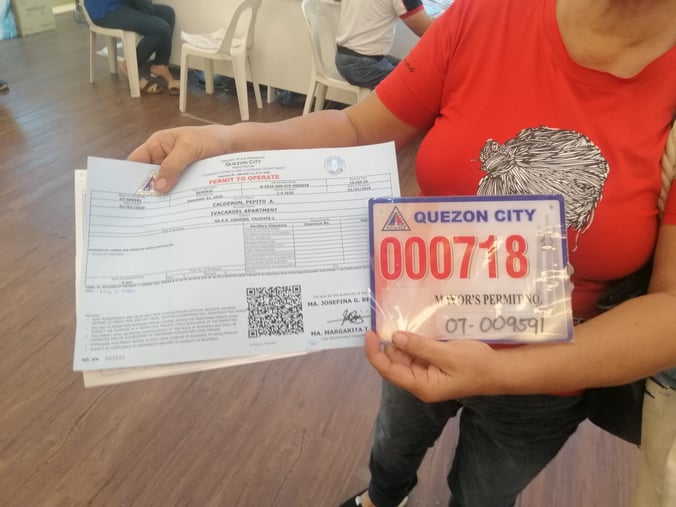
The application process for a business permit can vary between LGUs. Here’s a general step-by-step guide to applying for a business permit, whether through walk-in or online methods.
How to Get a Business Permit via Walk-In Application
- Visit the Business Permit and Licensing Office (BPLO): Go to your local city or municipal hall that oversees your business address. Some malls may also have off-site locations for permit applications.
- Secure and Fill Out the Application Form: You can obtain the application form on-site or download it from your LGU’s website in advance.
- Submit Your Application and Requirements: Once you’ve completed the form, submit it along with the necessary documents. Staff will evaluate your submission and assess any applicable fees.
- Pay the Assessed Fees: After approval, pay the required fees to the cashier. Keep the official receipt for your records.
- Claim Your Business Permit: Upon completion of the process, you’ll receive your business permit, which may come with a registration plate or sticker. Display this prominently in your business premises.
How to Get a Business Permit Online
To save time, check if your LGU offers an online business permit application service. Cities like Manila, Quezon City, and Pasig have developed digital platforms to facilitate this process.
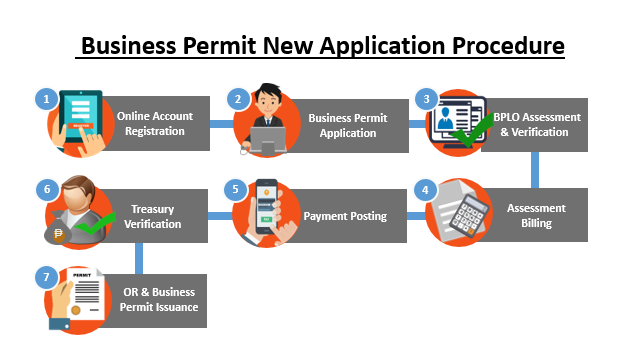
- Visit Your LGU’s Website: Navigate to your local government’s official site to see if they have an online application portal.
- Complete the Online Application: Fill out the required forms and upload necessary documents as indicated.
- Pay Fees Online: If applicable, make your payments through the provided online payment options.
- Receive Confirmation: After submitting your application, you should receive a confirmation. Your permit may be issued digitally or mailed to you.
Note: While online applications are convenient, walking in allows for immediate assistance and answers to any queries you may have.
Business Permit in the Philippines: FAQs-Oct-13-2023-08-42-54-0557-AM.png?width=674&height=449&name=Pics%20for%20blog%20-%20600x400%20(22)-Oct-13-2023-08-42-54-0557-AM.png)
1. How much does a business permit cost in the Philippines?
Business permit fees can vary significantly depending on your LGU. Typical fees may include:
- Business permit processing fee: ₱500
- Mayor’s permit fee: ₱100
- Sanitary fee: ₱150
- Building inspection fee: ₱200
- Electrical inspection fee: ₱20
- Plumbing: ₱15
- Signboard: ₱50
- Fire inspection fee: ₱300
- Sticker: ₱50
2. Can I operate immediately after I receive my business permit?
Yes, once your application is approved, you can start your business operations. However, ensure that you secure additional documents, such as a Business Tax Identification Number (TIN) and the appropriate registrations with SSS, Pag-IBIG, and PhilHealth.
3. Is a business permit required to open a sari-sari store?
Yes, even small businesses like sari-sari stores and karinderyas must obtain a business permit to operate legally. Some LGUs may waive certain requirements like Public Liability Insurance for these types of businesses.
4. What are the requirements for business permit renewal?
Renewal requirements can differ by LGU, but commonly include:
- Notarized application form
- Declaration of gross sales from the previous year
- Number of employees
- Paid-up capital
- Last year’s business permit and billing assessment
- Audited financial statements or business income tax returns
- Community tax certificate
- Barangay clearance
- Public liability insurance
- Affidavit of low income (if applicable)
5. When is the deadline for business permit renewal?
Businesses are required to renew their permits by January 20 of each year. Some LGUs may offer extended deadlines, so it’s wise to check your local government’s announcements.
6. I registered my business in October 2022. Should I renew my business permit this October 2023?
No, regardless of your registration date, all businesses must renew their permits by the annual deadline of January 20.
7. What happens if I fail to renew my business permit?
Failing to renew your business permit can lead to penalties, including a 25% surcharge on assessed taxes and an additional 2% for each month the permit remains unrenewed. You may also incur fines from the BIR and risk closure of your business operations.
Final Thoughts
Although the process of applying for a business permit in the Philippines may seem cumbersome, it is a crucial step for any entrepreneur aiming to operate legally and successfully. Remember that business permits require annual renewal, so mark your calendar for the renewal period between January 2 and 20 each year. By ensuring compliance with local regulations and maintaining good standing, you set the stage for your business’s long-term growth and sustainability.
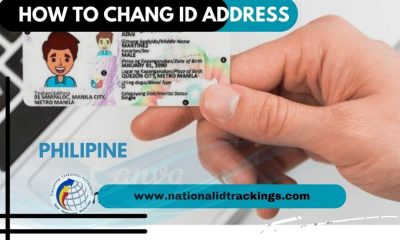
 Uncategorized12 months ago
Uncategorized12 months ago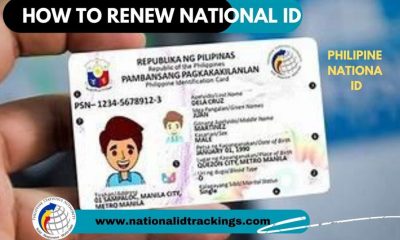
 Uncategorized11 months ago
Uncategorized11 months ago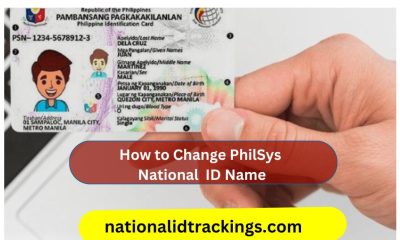
 Uncategorized11 months ago
Uncategorized11 months ago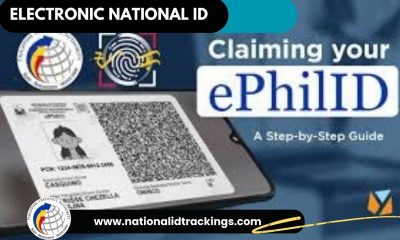
 Uncategorized12 months ago
Uncategorized12 months ago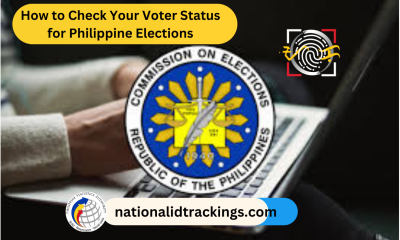
 Uncategorized11 months ago
Uncategorized11 months ago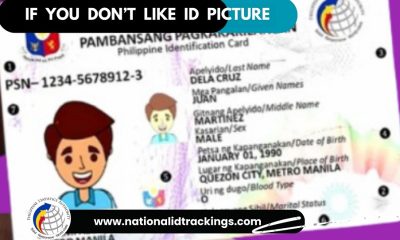
 Uncategorized12 months ago
Uncategorized12 months ago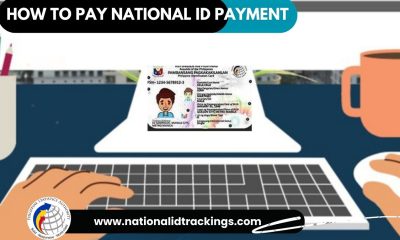
 Uncategorized11 months ago
Uncategorized11 months ago
 Uncategorized11 months ago
Uncategorized11 months ago
 Uncategorized11 months ago
Uncategorized11 months ago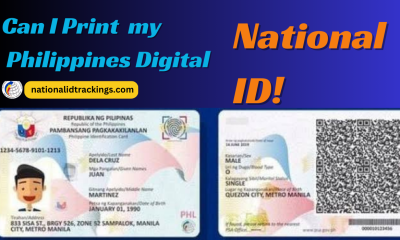
 Uncategorized9 months ago
Uncategorized9 months ago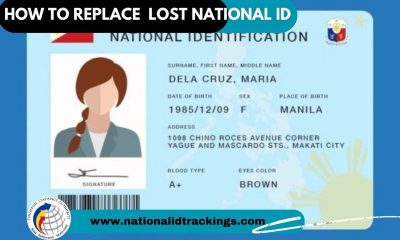
 Uncategorized11 months ago
Uncategorized11 months ago
 Uncategorized9 months ago
Uncategorized9 months ago
-Feb-07-2024-03-07-18-5160-AM.png?width=600&height=400&name=Pics%20for%20blog%20-%20600x400%20(1)-Feb-07-2024-03-07-18-5160-AM.png)
-Oct-13-2023-08-27-14-4948-AM.png?width=674&height=449&name=Pics%20for%20blog%20-%20600x400%20(21)-Oct-13-2023-08-27-14-4948-AM.png)




-Oct-13-2023-08-42-54-0557-AM.png?width=674&height=449&name=Pics%20for%20blog%20-%20600x400%20(22)-Oct-13-2023-08-42-54-0557-AM.png)